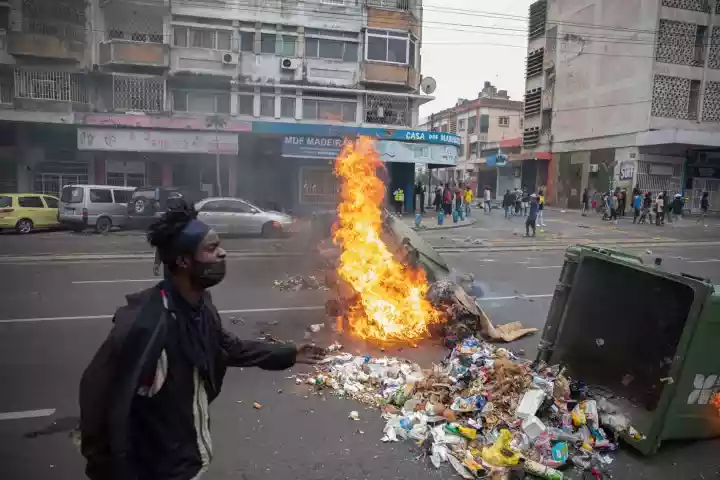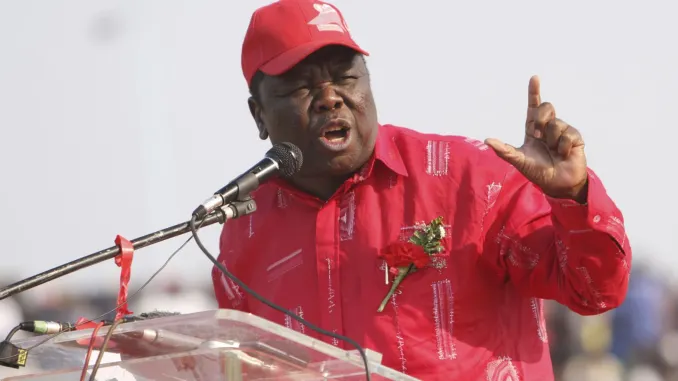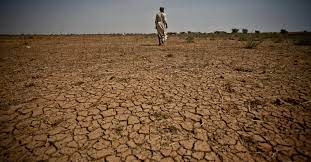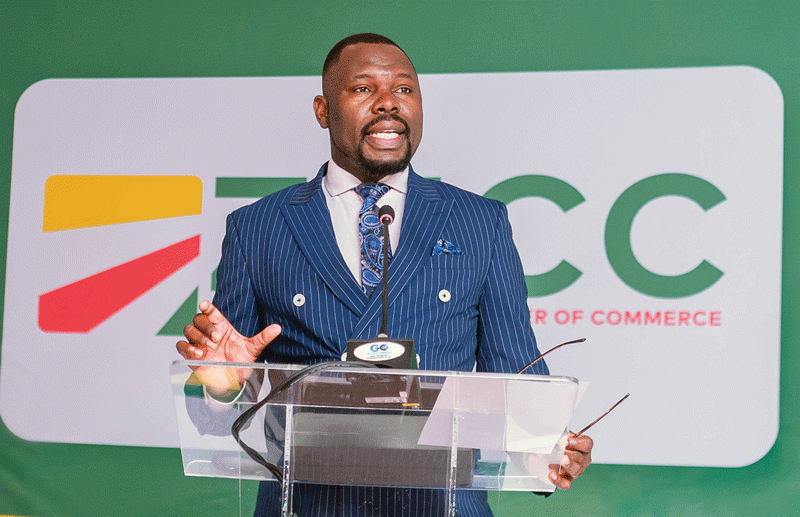
WHAT began as a demand for electoral justice has evolved into something far deeper. This movement is a cry against the erosion of life’s basic dignity, the plague of corruption and the growth of criminal networks that have turned Mozambique into a drug- trafficking crossroads, enriching an elite tied to the ruling party, Frelimo.
These protesters — young, determined, and undeterred — are asking for the right to build a life with opportunity, to find work, to imagine a future. They are standing against the exploitation of Mozambique’s natural wealth, which benefits a small privileged circle while leaving the majority in poverty.
Yet, their voices are being muted, as access to the internet—their primary tool for organising and speaking out — is systematically cut.
Three telecom operators — Vodacom, TMcel, and Movitel — are executing these digital blackouts.
Vodacom, a subsidiary of the global giant Vodafone, and Movitel, a company with Vietnamese ties and links to Frelimo, are among those denying millions of Mozambicans their connection to the world
The shutdown is more than just a barrier to communication; it is a form of digital apartheid, disproportionately affecting impoverished, marginalised communities where resistance to the Frelimo regime is strongest.
Tool for censorship
The situation in Mozambique becomes even darker when one considers the role of the National Institute of Communications of
- Turnall to resuscitate fibre plant
- Truck driver jailed for stealing fuel
- Critical moments in history
- Mozambicans jailed for 30 years for rhino hunting
Keep Reading
Mozambique (INCM). This regulatory body, which should protect the public’s right to communication, has been compromised.
Under the sway of Frelimo, with political figures embedded within its leadership, the INCM has turned from a public guardian into a tool for censorship.
Filipe Paunde, a member of both the INCM Board and Frelimo’s Political Commission, wields influence that undermines the agency’s supposed independence. When the INCM orders an internet shutdown, it does so not to serve the public, but to protect a regime clinging to power.
This is a blatant conflict of interest that violates both national laws and international standards of governance.
The involvement of Vodacom is especially troubling.
As a subsidiary of Vodafone, a company that claims to uphold human rights and transparency in its home countries, it is disturbing that Vodacom would cooperate with an authoritarian regime.
In a place like the United Kingdom, it would be unimaginable for Vodafone to shut down the internet at a political party’s whim. This double standard calls into question Vodacom’s ethical commitment to human rights.
By complying with these orders, Vodacom is not only failing the Mozambican people, who depend on the internet for communication, education and information, but also jeopardising its global reputation by placing the political interests of an authoritarian regime above the fundamental rights of citizens.
The role of Vodacom in Mozambique raises a vital question: should global companies be held accountable for their actions in countries where human rights are trampled?
By supporting repressive policies, Vodacom becomes complicit in the silencing of Mozambican civil society, contributing to the disconnection of a population fighting for its dignity.
Internet restrictions are just one layer of a deeply troubling response by the government, aimed at stifling dissent and controlling the narrative.
By cutting off access to information, the government is isolating the Mozambican people, blocking their communication with one another and with the outside world.
This manoeuvre prevents citizens from organising, sharing information and exposing the brutal violence that unfolds daily on the streets.
Violent repression
On the ground, the scene is one of relentless repression. Security forces have responded to protests with a level of violence that betrays an intent not to protect, but to intimidate.
Unarmed demonstrators — many of them young, some even children — face rubber bullets, tear gas, and, in extreme cases, live ammunition.
So far, 20 people have been killed, more than 390 injured, and about 800 have been arbitrarily detained.
These numbers depict a humanitarian crisis, a scene of state-sanctioned brutality that surpasses all acceptable limits.
In regions like Nampula and Niassa, reports of police violence reach terrifying levels, resembling scenes of massacre.
Police do not stop at breaking up protests in the streets; they invade homes, indiscriminately firing tear gas, regardless of the presence of the elderly, children, or those with fragile health.
In some cases, tear gas is launched from helicopters, intensifying terror and leaving families with no place to hide.
Stories of children and elderly people struggling to breathe after inhaling gas reveal a cruel indifference to human rights and human dignity.
This repression is part of a calculated effort to keep the country silent and disconnected.
By blocking internet access and restricting the flow of information, Frelimo seeks to shield its actions from international scrutiny and ensure that the voices of resistance, youth, and citizens crying out for justice are not heard beyond Mozambique’s borders. This digital isolation is a strategy to silence a population that is increasingly aware and unafraid to demand its rights.
Solidarity
The question before us is clear: will the international community allow Mozambicans to remain oppressed, disconnected and silenced?
We must remember that human rights are universal, and when these rights are trampled, the world has a duty to respond. The situation in Mozambique is not merely a local issue; it is a matter of global justice, a test of our commitment to fundamental rights and the fight for freedom and dignity. This is a call for governments, international organisations and human rights defenders to stand in solidarity with the people of Mozambique.
We cannot stand by while lives are lost, voices are silenced, and a population is isolated in its own land.
The time has come to act, to push for a response that goes beyond condemnation and demands concrete measures to safeguard each Mozambican’s right to freedom, to expression, and to a future filled with hope.
Now is the time to defend those who, with unbreakable courage, are in the streets fighting for the right to live in a just and democratic society. — Daily Maverick .
- Professor Nuvunga is director of the Centre for Democracy and Human Rights in Mozambique and chairperson of the Southern Africa Human Rights Defenders Network. He leads the activities of the Mozambique Human Rights Defenders Network.










